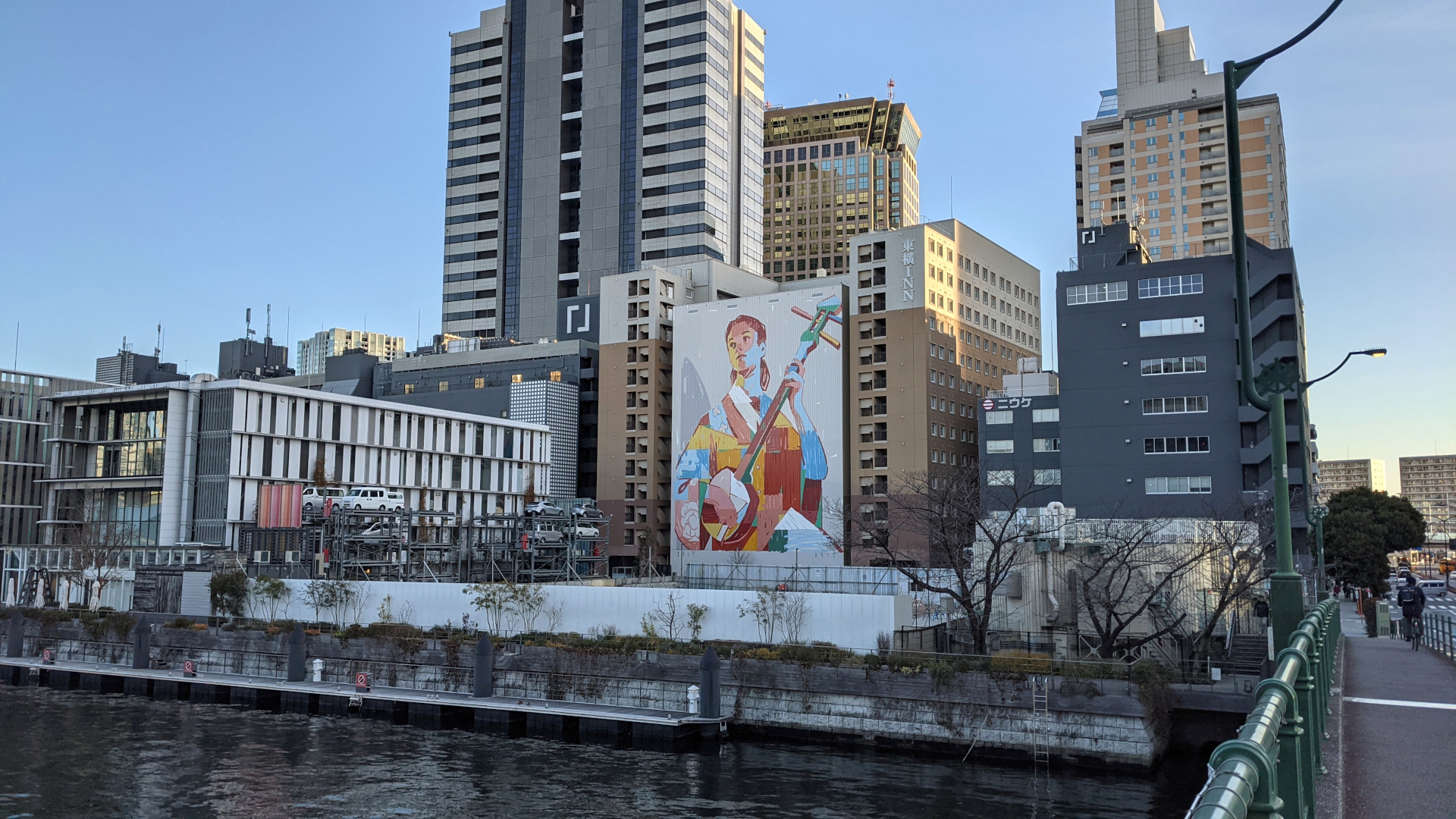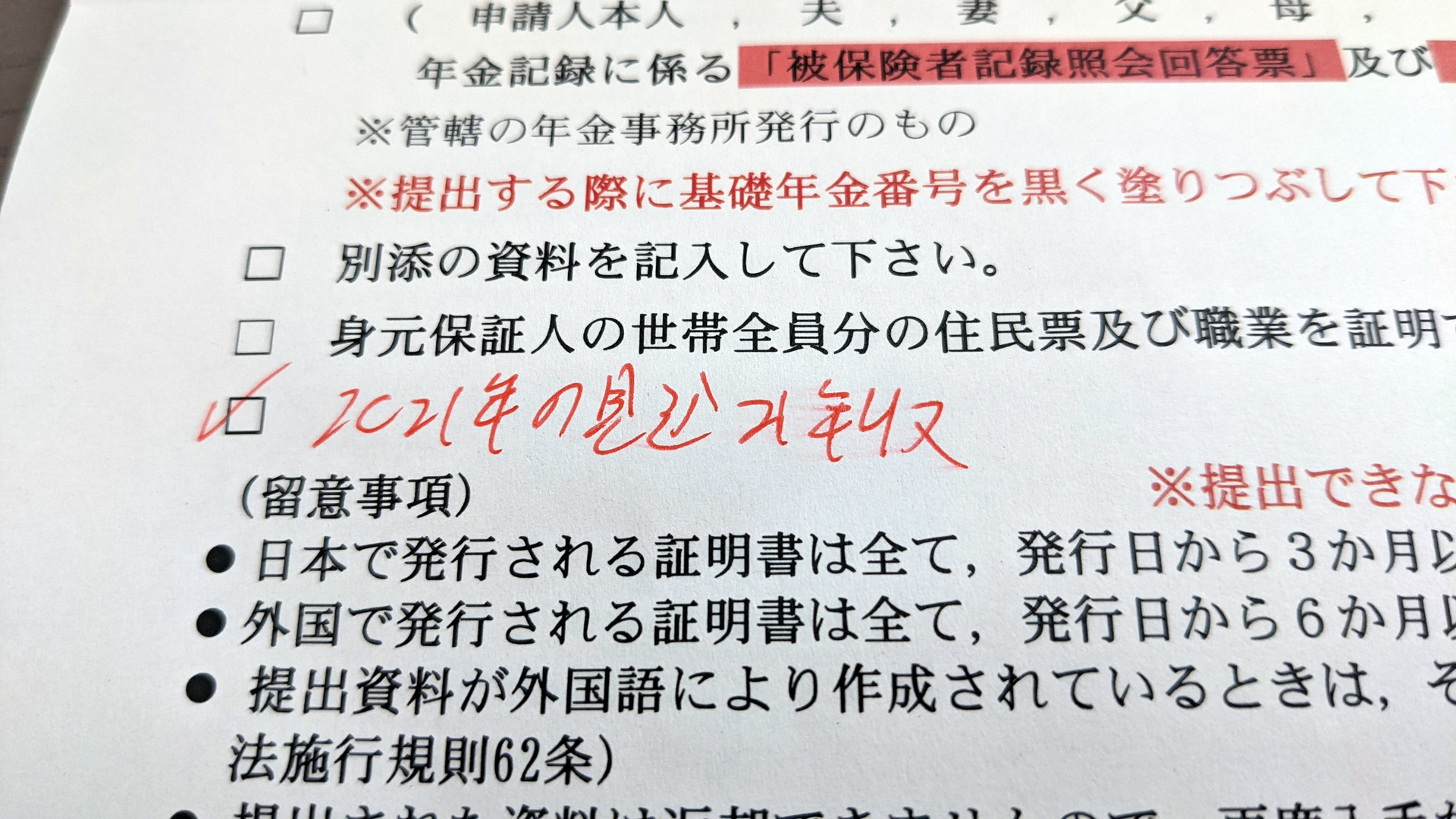Background: I’m a German, living in Japan. Details are here.
The visitor visa
In March 2008, I went to Japan for the first time. For 3 month I would live and work in Tokyo. As German citizen, or being from other 1st world countries, that is easy: for business as well as holiday you can get a visa for staying up to 3 months in Japan. No application in advance required, simply fill out the paper upon arrival in Japan.
Work and holiday
You have to be between 18 and 30 years old for this visa, I ‘discovered’ Japan to late to be eligible. As the name says, one can travel Japan, and work. Depending on the home country, the numbers might be limited.
The 5 year work visa
In 2016, I got a work contract in Japan. One can apply for 3 or 5 year visa based on a variety of reasons: for example doing arts, learning about culture or martial arts, for working as missionary to ’teach’ religion - I met some of these guys, or for working as a specialist - that applies to me. The application procedure is complicated, my employer payed a contract company to do it. After filing the request, I left my passport (travel passport) for some days at the Japanese embassy in Munich, and got it back with a special imprint/label. When I entered Japan, based on that label I received a ‘residence card’ (在留カード, literally “residence card”), registered myself as citizen at the town hall, and the visa procedure was complete. That card was called ‘alien registration card’ in the past, an interesting term. Japanese do not have a passport, but the ’travel passport’ or the drivers license is often used for identification. Also a citizen identification number exists, and also I got one as I pay taxes in Japan.
Japan has 120 million citizens, 2% of these are foreign residents.
Work visa extension
Now my 5 year visa is about to expire, and I have applied for an extension by 5 years. The extension involves preparation of papers, including proof that I earned money in Japan, that I am employed and so on. My employer kindly payed a contractor again for doing the application. Such a service costs around $750. I was asked to leave my residence card and my German passport at the contractor, to do the application work for me - I opted into going directly to the Immigration office and perform the procedure. I handed over the application papers, residence card and passport - these papers I got back after some minutes. Processing is expected to last 4 or 6 weeks, and if all goes well this should result in a new visa for 5 years, and a new residence card.
Going by bike to the immigration office to apply for the 5-year-visa extension, I saw this painting of a forward looking person with a shamizen. Setting the right spirit for the trip! :)

Permanent residency
With ‘permanent residency’ (PR), one can stay without time limit and just has to renew the ‘residence card’ from time to time. The right to vote though is not part of PR, one has to become Japanese citizen for that. In the first months of Corona, it got very hard to enter Japan: Japanese citizen were allowed, but also owners of a PR could not enter Japan.
The Japanese term for PR is 永住権: 永 is for ’eternity’, 住 means ’living’, and 権 is the ‘right to do something’. So literally, the ‘right to live until eternity’. Kanji are beautiful, right? :)
Being married to a Japanese citizen makes it easy to obtain permanent residency, but the normal procedure is to apply after living for >10 years in Japan. With further regulations, one can file for PR also earlier, that is what I did after living for 4.5 years in Japan. Following a set of rules (details here), one can obtain ‘points’ for things like
- a certain level of proficiency in Japanese (JLPT 1 or 2)
- working for many years in ones profession
- receiving high wages
- having a degree
- being young
If an applicant can prove such points, enough points can accumulate to file for PR.
If a document is not in Japanese, a Japanese translation has to be provided. The documents required for PR seem intended to demonstrate that the applicant has been a good citizen:
- proof to be a registered citizen, from the town hall
- proof to have payed all taxes properly, tax office
- proof to ‘have money’, so not having to rely on the Japanese welfare
Also, a guarantor is needed: a person who would give you guidance, and sponser a ticket back to your home country if things to not work out. This point caused me quite some headache, I did not want to ask people to do something like this.
An other point: the ‘reason letter’ (理由書), a description of why you request PR. I was puzzled on what to write here.. but once I started, the page filled up quickly. I wrote about my interactions with local communities for learning Japanese, presenting about socialist East Germany, about singing Beethovens 9th in the chorus of 5000 people in Tokyo.
Filing the PR turned into a project which took many weeks, my application consisted of 35 pages. I filed for PR in October 2020, and got it approved in March 2021. 4 months after the initial request, 2 further documents were requested. Reading the second reference was quite a challenge:

This turned out as 2021年の見込み収入, so “statement which earnings are expected for 2021”. There are also specialized companies which offer filing PR for $1000, but I wanted to do this on my own.
The PR consists of an ‘application paper’ with fields to fill in, the proofs to provide and the translations. The ‘application paper’ has to be filled out with Kanji and Romaji characters. Having me fill that out by hand would lead to hard to read results. The website provides the paper as pdf and Microsoft Excel file. The pdf file can only be used for printing. I do not own a copy of Microsoft Excel or Windows, and when opening the excel file in LibreOffice, Romaji and Kanji characters get badly misaligned. To work around this. I imported the pdf into Inkscape (an open-source vector graphics editor), and entered the text ontop - this worked flawlessly.
@polm23’s site has further details on PR.
Beyond PR
Becoming a Japanese citizen, one
- can vote
- can quite easily travel to most countries (that applies also to German citizen)
- has best chances to return to Japan in times of Corona. Important if one has property and family in Japan.
The downside: Japan insists on citizen having just a single citizenship - so becoming Japanese one has to discard any other citizenship. Also Germany is increasingly averse of dual citizenship. The thinking of the politicians seems to be “people should commit/decide for one country”. I suspect they never had the experience of learning a different country, language and culture to a level that one would also like to become citizen, be able to vote and get voted. Seems like for example Australia is offering multiple citizenships.
turning-japanese.info has details on naturalization/becoming Japanese.
Last modified on 2021-02-11